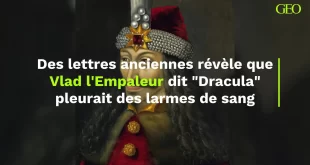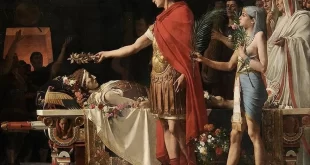A recent study published in Nature Human Behaviour contradicts the myth that individuals with opposing characteristics are more drawn to each other within couples. Instead, after analyzing over 130 traits among millions of couples, this study reveals that partners tend to exhibit similarities rather than differences.
Researchers examined 199 studies conducted over the past century on this subject, also utilizing data from the UK Biobank involving nearly 80,000 heterosexual couples in the UK. Their findings indicate that, in the range of 82% to 89% of the traits studied, such as political preferences, age of first sexual encounter, or drug consumption habits, there are similarities between partners rather than divergences. Specifically, political and religious opinions, level of education, and certain measures of intelligence show particularly high correlations. In contrast, extraversion shows no significant correlation, suggesting that extroverts are equally likely to be partnered with introverts as with individuals sharing their personality trait.
This study thus challenges the notion that human mating is random, contrary to popular belief. While some opposing characteristics were observed in certain couples, such as chronotype (being a ‘morning person’ or an ‘evening person’), worry tendency, and hearing ability, there is no compelling evidence supporting the theory that opposites attract in love.
According to the lead author of the study, Matt Keller, these findings could have significant implications for genetic research: “Many genetic models assume that human mating is random. This study suggests that this assumption is likely incorrect.”
 medjouel.com Study Non Stop
medjouel.com Study Non Stop

